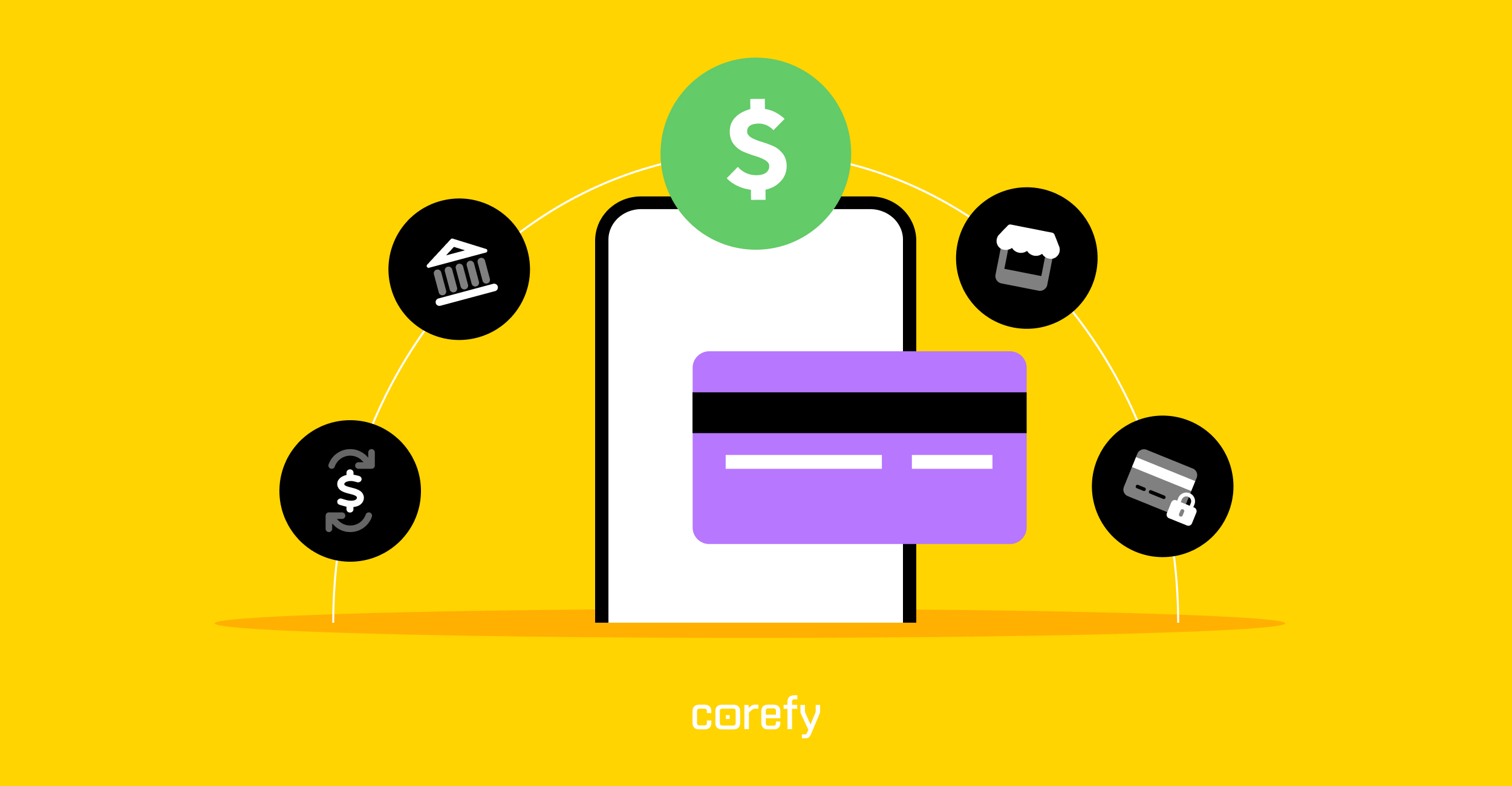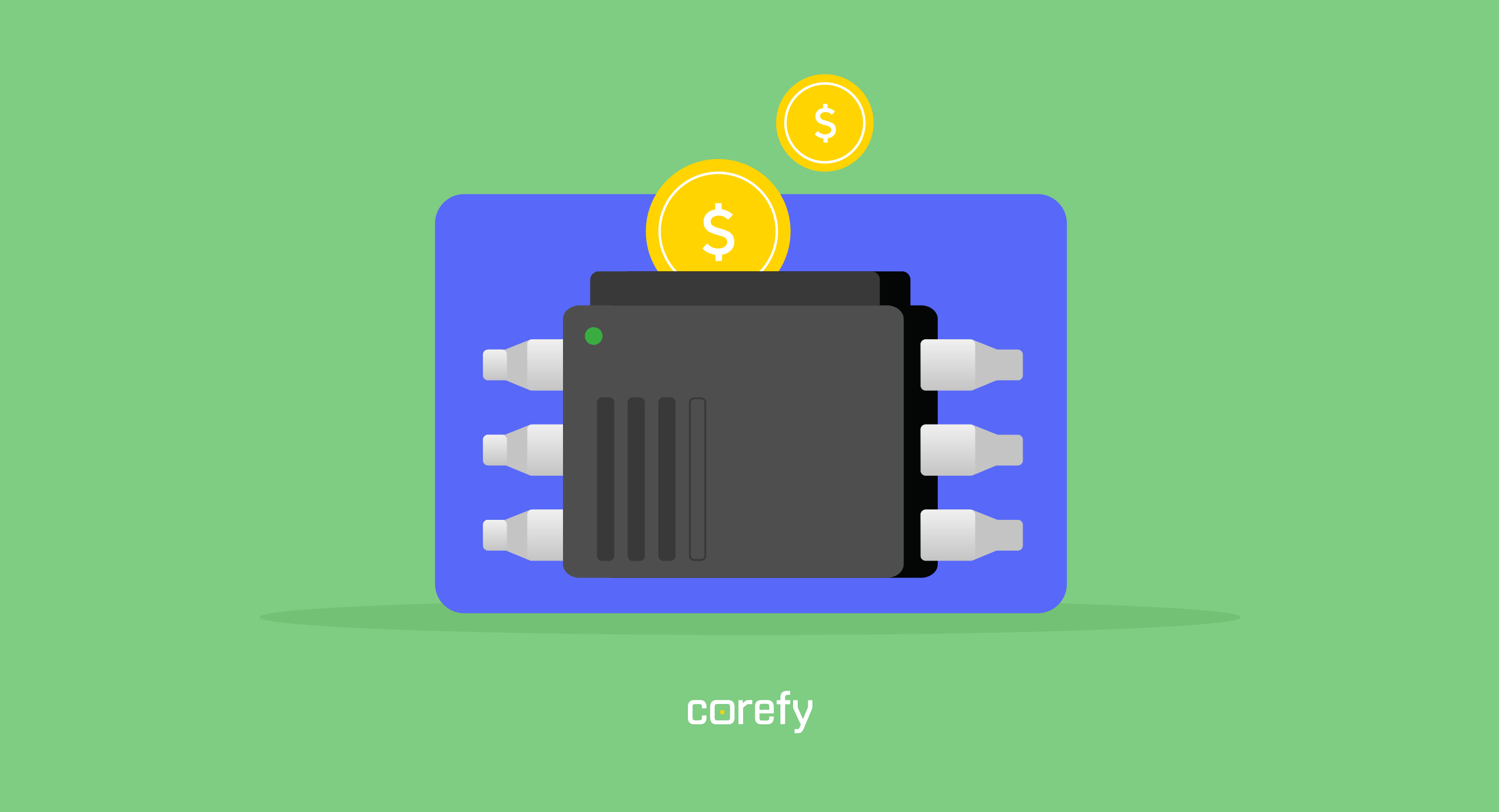Navigating global gambling laws is tough, especially if you're launching or scaling an online gambling platform. This guide breaks down countries where gambling is legal and illegal, the licenses required, and the nuances of online gambling regulations worldwide.
Countries where online gambling is legal
Some countries fully embrace the legality of online gambling with clear regulations and licensing frameworks, while others operate in legal grey areas or impose outright bans. To help you stay informed on which countries allow online gambling, we've compiled an overview.
Europe (EU)
According to Statista, the total revenue in the European gambling market is projected to reach €150.19bn in 2025. Generally, European countries organise their gambling services autonomously. Some prominent jurisdictions where online gambling is legal and regulated include the United Kingdom, Malta, Gibraltar, the Isle of Man, and Alderney. These countries have established licensing authorities that oversee online gambling operators, ensuring consumer protection and fair play.
| Status | Countries & territories |
|---|---|
| Legal and regulated | Austria (state monopoly), Belarus, Ukraine (online gambling, bookmaking, slot halls, and offline casinos are legal, but casinos may only be located within hotels), Belgium, Bosnia and Herzegovina, Bulgaria, Croatia (land-based casino license required), Czechia, Denmark, Estonia, Finland (state monopoly), France, Germany, Greece, Hungary (state monopoly), Ireland, Italy, Netherlands, North Macedonia, Poland (state monopoly), Romania, Spain, UK, Gibraltar, Norway (state monopoly), Latvia, Lithuania, Moldova, Montenegro, Portugal, Slovenia, Sweden, Switzerland |
| Unregulated | Andorra, Faroe Islands, Kosovo |
| Illegal | Albania, Cyprus, Iceland |
American countries
Gambling regulations in the United States are complex: each state has the authority to regulate or prohibit online gambling within its borders. Currently, only a portion of the country falls under states where online casinos are legal, including New Jersey, Nevada, Pennsylvania, and Delaware. Online gambling in Canada is allowed, but gambling laws and regulations vary by province.
South America has seen a mix of online gambling regulations. In Mexico, the industry is regulated by the Ministry of the Interior, and it is legal. The same is true in Argentina – it is legal, and control is exercised at the provincial level, with some provinces offering licenses to operators. Brazil has passed legislation to legalise sports betting, but has yet to regulate online gambling fully. In Colombia, online gambling is legal and regulated, with a licensing system in place to ensure the industry's integrity.
If you're eyeing North or South American markets, here's where online gambling is legal, partially legal, or restricted.
| Status | Countries & territories |
|---|---|
| Legal and regulated | Connecticut, Delaware, Michigan, New Jersey, Pennsylvania, West Virginia, Rhode Island, Nevada, Antigua and Barbuda, Virgin Islands (USA), Belize, Saint Kitts and Nevis, Aruba, Curaçao, Dominica (licensees may not accept local players), Dominican Republic (licensees may not accept local players), Nicaragua, Panama, Brazil, Colombia, French Guiana, Argentina, Falkland Islands, Suriname, Venezuela, Mexico |
| Partially legal | Arizona, Arkansas, Colorado, Florida, Illinois, Indiana, Iowa, Kansas, Kentucky, Louisiana, Maine, Maryland, Massachusetts, Mississippi, Montana, Nebraska, New Hampshire, New Mexico, New York, North Carolina, North Dakota, Ohio, Oregon, Puerto Rico, South Dakota, Tennessee, Vermont, Virginia, Washington, D.C. |
| Unregulated | The Bahamas, Barbados, Bermuda, Costa Rica, Grenada, Guatemala, Haiti, Honduras, Saint Lucia, Saint Vincent and the Grenadines, Saint-Martin, Bolivia, Ecuador, Guyana, Paraguay, Peru, Falkland Islands |
| Illegal | Alabama, Alaska, Georgia, California, Hawaii, Idaho, Minnesota, Missouri, Oklahoma, Texas, Utah, Wisconsin, Wyoming, Cuba, Guadeloupe, Martinique, Puerto Rico, Turks and Caicos Islands, Chile, Ecuador, Uruguay, Trinidad and Tobago |
Asia
This region presents a diverse landscape when it comes to online gambling legality. Some countries have fully legalised and regulated it, while others have stringent restrictions or a complete ban. For instance, the Philippines is a popular hub for online gambling operators and grants licenses to companies that meet the required criteria. In contrast, China strictly prohibits all forms of gambling except for welfare and sports lottery. Hong Kong and Macau, as special administrative regions, have their own legislation for online gambling. Other countries where online gambling is legal in certain areas include Japan, South Korea, and Singapore.
Asia's gambling laws vary wildly, from full prohibition to regional licensing. Use this overview to understand where you can legally operate and what restrictions to expect.
| Status | Countries & territories |
|---|---|
| Legal and regulated | The Philippines (licensed operators cannot serve local players), India, Georgia (land-based casino license is legally required), Armenia, Kyrgyzstan, Kazakhstan |
| Unregulated | Mongolia |
| Illegal | Afghanistan, Azerbaijan, Bahrain, Bangladesh, Bhutan, Cambodia, China, Indonesia, Iraq, Iran, Israel, Japan, Jordan, Kuwait, Laos, Lebanon, the Maldives, Myanmar, Nepal, North Korea, Oman, Pakistan, Qatar, Saudi Arabia, Singapore, South Korea, Syria, Tajikistan, Thailand, Turkey, Turkmenistan, the UAE, Uzbekistan, Vietnam, Yemen |
Oceania
Australia has a well-established online gambling industry, and it is legal for residents to engage in online sports betting and lottery games. However, the Interactive Gambling Act of 2001 prohibits the provision and advertising of any interactive online gambling in the country. New Zealand allows online gambling, but the operators must be based outside its territory. The regulatory frameworks in both countries aim to protect consumers and prevent problem gambling.
Looking to expand into Oceania? Check this snapshot to see where online gambling is permitted, restricted, or completely banned and prepare your compliance strategy accordingly.
| Status | Countries & territories |
|---|---|
| Legal and regulated | French Polynesia, Fiji, Vanuatu, New Caledonia, New Zealand, Papua New Guinea, Solomon Islands |
| Unregulated | Kiribati, Micronesia, Nauru, Northern Mariana Islands, Palau, Samoa (partially), East Timor, Tonga |
| Illegal | Australia, Samoa (there are certain restrictions), Tuvalu |
Top countries to get a license from
Choosing the right licensing authority is crucial for maintaining legitimacy, ensuring seamless payment integration, and fostering player trust. These are the top jurisdictions for global operators.
| Regulator | Coverage | Time to obtain | Regulations on gaming & betting | |
|---|---|---|---|---|
| Curaçao | The Curaçao e-Gaming Licensing Authority | Any jurisdiction where gambling is not prohibited by law or where local licensing is not mandatory | 4 weeks | Casino, betting, lottery, poker, bingo |
| Malta | The Malta Gaming Authority (MGA) | Europe | 16 weeks | Casino, betting, lottery, poker, bingo |
| Anjuan, Comoro Island | The Anjouan Gaming Commission | Any jurisdiction where gambling is not prohibited by law or where local licensing is not mandatory | 3 weeks | Casino, betting, lottery, poker, bingo |
| Isle of Man | The Isle of Man Gambling Supervision Commission (GSC) | Isle of Man | 12 weeks | Casino, betting, lottery |
| Gibraltar | The Gibraltar Licensing Authority | UK | 12–26 weeks | Casino, betting, lottery |
| Great Britain | The UK Gambling Commission (UKGC) | UK | 16 weeks | Casino, betting, lottery, poker, bingo |
| Kanawake, Canada | The Kahnawake Gaming Commission | Mohawk Territory of Kahnawake | 16 weeks | Casino, betting, lottery, poker, bingo |
Gambling legality by country: regulations & jurisdictions
Almost every country has its own rules for the gambling industry. However, the situation with online gambling laws is quite ambiguous. Regulations often differ not only by region but also between local and foreign operators.
Take the European Union, for example. In theory, foreign gambling sites operating within the EU must comply with EU legislation. In practice, many countries are reluctant to let foreign operators serve their citizens without contributing to the local economy. To protect tax revenues, states such as France, Germany, and Italy require operators to obtain a local gambling license and pay taxes directly into their national budgets, even if this contradicts EU-wide principles.
Some countries can’t enforce their gambling laws effectively. Without strong tech infrastructure, they struggle to block or restrict foreign platforms — so overseas operators may still serve local players, even if it’s technically illegal.
Navigating global gambling regulations
Check our podcast with Paul Foster, the Founder & CEO of Crucial Compliance. In this episode, Paul offers valuable insights into the challenges faced by gambling operators worldwide, from navigating the diverse landscape of state regulations in the US to the evolving dynamics in jurisdictions such as Curacao.
Through real-world examples and successful strategies, Paul offers a nuanced perspective on the current state and future compliance trends in the global gambling industry. Key topics include trends in licenses, regulations, and compliance efforts, investor perspectives, regulatory controls over payments, and the impact of emerging technologies like blockchain and AI.
This episode provides insights into evaluating regulatory decisions, managing multiple licenses, and balancing compliance with user experience. Tune in to gain a deeper understanding of the ever-evolving world of gambling regulations.
Countries where online gambling is illegal or restricted
Mainland China
Online gambling is strictly illegal in Mainland China, with all forms prohibited outside of two state-sponsored lotteries. Despite the ban, underground gambling, including proxy betting, clandestine casinos, and unlicensed online platforms, remains widespread. The government has even banned online poker apps, pushing such activity into the black market.
Japan
In Japan, participating in offshore online casinos, regardless of their status elsewhere, is illegal. Individuals who do so may face fines or even arrest.
Turkey
Turkey banned traditional casinos in 1998 and extended the ban to all non-state online gambling in 2006. Only a state-run sports betting operator (IDDAA) is permitted to offer online services. The government has also targeted individual bettors, imposing fines ranging from approximately $55 to $278, along with potential imprisonment for both users and those facilitating transactions.
Norway
Norway largely prohibits online gambling. Only two state-owned operators, Norsk Tipping and Norsk Rikstoto, are authorised to provide services. Foreign online gambling platforms are blocked through banking and DNS restrictions, with enhanced enforcement measures in effect since January 2025.
Saudi Arabia
Gambling is strictly illegal in Saudi Arabia, and penalties include steep fines, imprisonment, and asset confiscation. The government also actively blocks access to online gambling platforms. However, some users still circumvent these restrictions by using VPNs.
Cambodia
Cambodian citizens are banned from all forms of online gambling, based on the 1996 Law on Suppression of Gambling. However, casinos operating in the country are permitted to serve foreign tourists legally. Despite the law, underground gambling, including card games, sports betting, and unauthorised lotteries, remains rampant. Casinos often turn a blind eye to local participation, and many illicit activities are protected through corruption.
Indonesia
Indonesia launched a major crackdown on illegal online gambling by shutting down over 2 million offending websites. The move followed widespread concerns about addiction's social and economic impact. The government has established a task force, frozen bank accounts tied to gambling, and declared the battle a response to a national crisis undermining family finances.
How payment processing supports legal gambling
Before launching an online gaming business, ensure you have a reliable partner to process your payments. The vital point is to enable your customers to deposit money and withdraw their winnings easily. To do so, platforms and operators should offer gamblers multiple payment options. The wider the project's geography, the more payment methods should be on the list. Pay special attention to local and alternative payment methods, as they attract more customers.
Ensure the provider you choose offers a holistic service, including:
- reliable gambling payment processing;
- fraud detection mechanisms;
- proper risk management;
- support for multiple currencies & methods.

Ultimately, reliable payment processing drives revenue and builds the trust that keeps players coming back.
Payment setup check for gambling operators
Take this 2-minute quiz to assess the effectiveness of your gambling payment setup. You'll receive customised recommendations, a gambling payments guide, and the opportunity to book a free comprehensive payment health check with our experts.
How Corefy helps with compliance & payments
Corefy covers all essential aspects of gambling payment processing, providing an all-in-one solution for businesses launching or looking to scale. With access to 550+ payment providers, operators can easily accept deposits and process payouts across multiple jurisdictions. This diversity helps meet player preferences, from traditional cards to local and alternative payment methods popular in specific regions.
Beyond sheer connectivity, Corefy offers features that directly support gambling businesses:
- PCI DSS–compliant infrastructure that meets the highest global payment security standards, ensuring safe processing of gambling transactions for you to focus on growing your business without worrying about payment compliance.
- Smart routing & cascading to route transactions automatically through the most efficient payment channel, improving approval rates and maximising revenue.
- Fraud & risk management to detect suspicious activity, reduce chargebacks, and mitigate risks inherent to high-risk industries.
- Multi-currency support to seamlessly process 200+ currencies, including popular cryptocurrencies, giving players flexibility and operators a broader reach.
- Unified dashboard & analytics to monitor all transactions, track KPIs, and make data-driven decisions to optimise performance.
If you're launching or developing a gambling business, contact us to learn more about gambling payment processing and choose the best-suited offer for your business needs.
Key takeaways
The global online gambling industry appears to be a patchwork of opportunities and restrictions. Some regions, such as the UK, Malta, and parts of the US, have established structured frameworks to support safe and regulated play, while others, including China, Saudi Arabia, and Turkey, maintain outright bans. So the answer to the question "where is gambling legal in the world" depends on rapidly changing laws, cultural attitudes, and regulatory enforcement in each jurisdiction.
For players, this means choosing platforms licensed in reputable markets to ensure security and fairness. For operators, this means carefully selecting countries that allow online gambling, obtaining the necessary licenses, and investing in reliable payment solutions that can adapt to local requirements.
One thing is sure: success in this space requires a deep understanding of the regulatory landscape and strong infrastructure to support compliance and payments. Those who master both will be best positioned to thrive in the future of online gambling.





.png)







